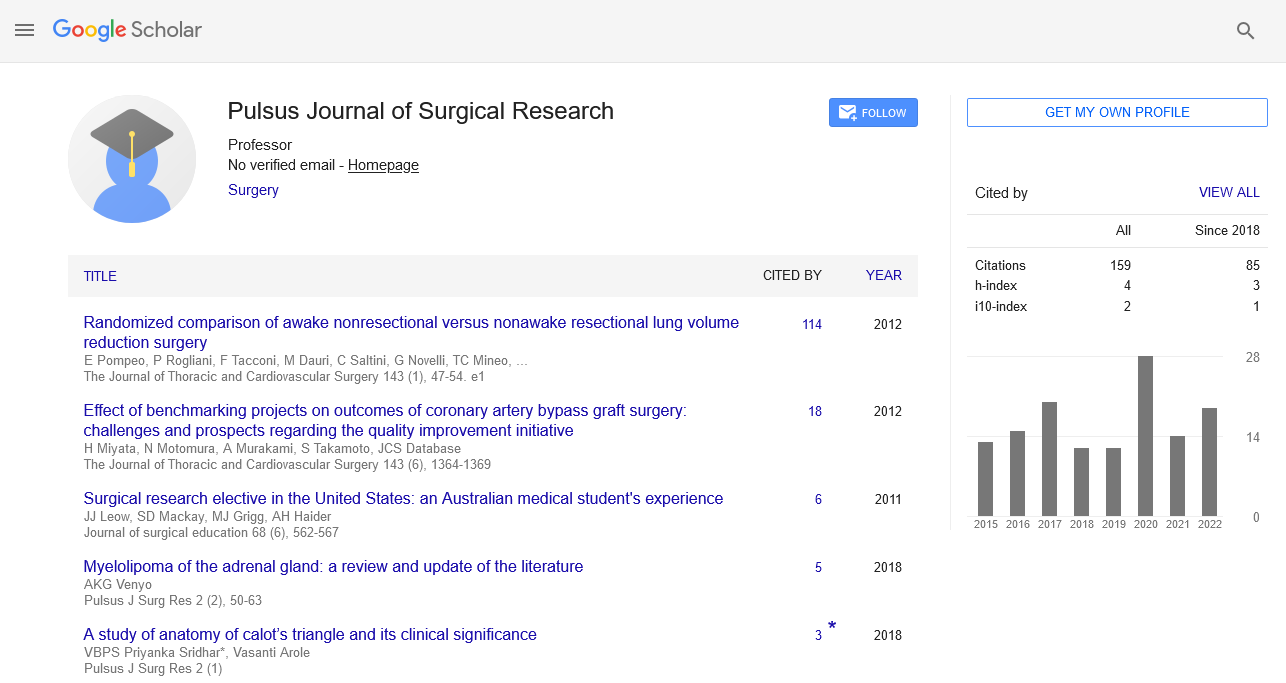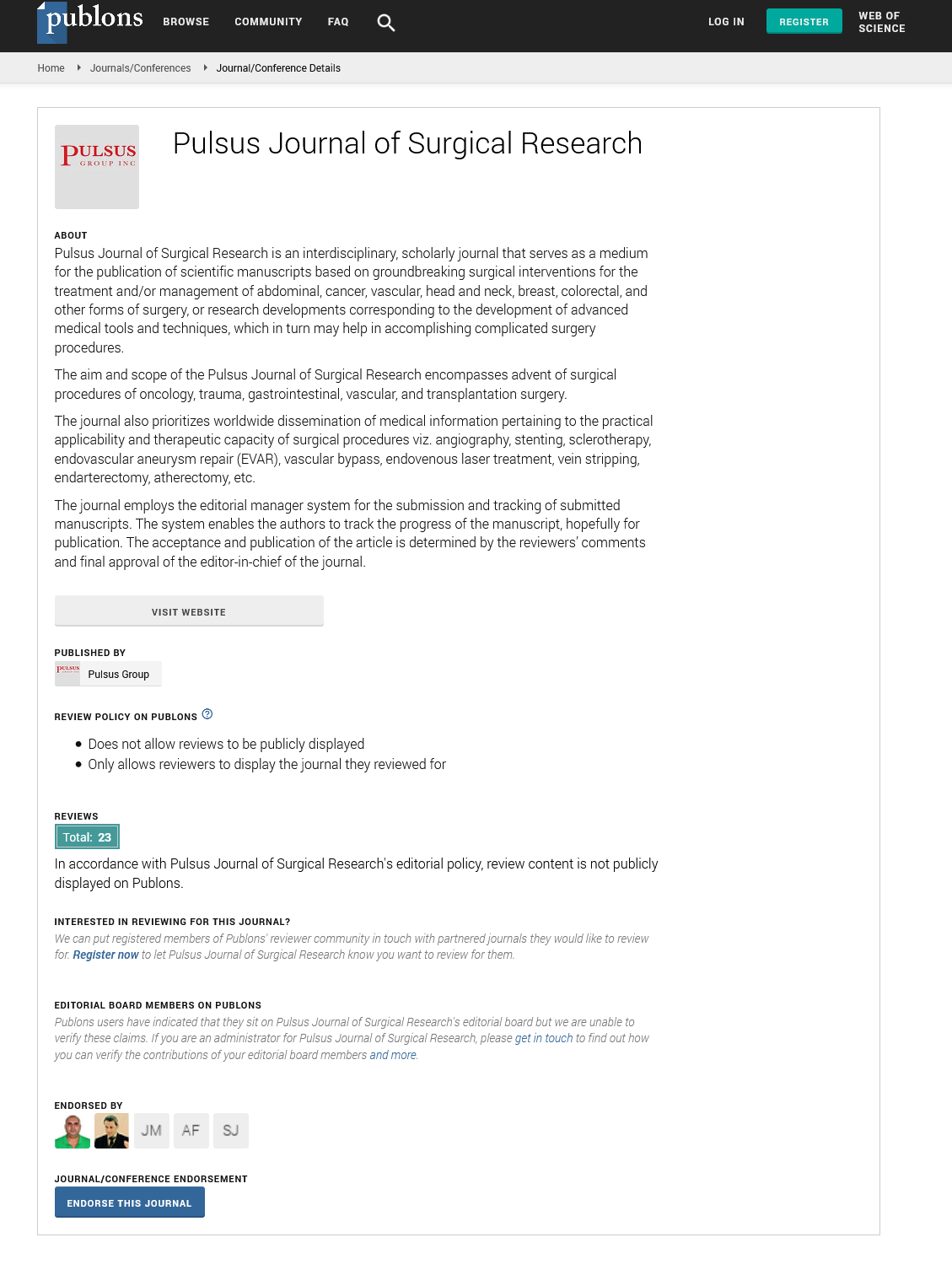
Sign up for email alert when new content gets added: Sign up
Limiting patient autonomy: Mandatory COVID-19 diagnostic testing
4th International Conference on Medicine and Surgery
October 04, 2021 | Webinar
Gregory Ruhnke
University of Chicago, USA
ScientificTracks Abstracts: Pulsus J Surg Res
Abstract :
Whether physicians believe a COVID-19 test is indicated for clinical care, prevention of nosocomial transmission, or the public health, respect for autonomy allows patients to decline testing, which is worthy of reconsideration. Although the beneficence model guided medical decision-making for most of history, patient autonomy and informed consent have evolved into dominant priorities. Professionalism contextualized within the beneficence model generated decisions focused on patient health, although the public good was an acceptable consideration. Mandated testing requires consideration of the professional obligations and public expectations of health care workers (HCWs), and the conflicts and health consequences arising from care access limitations experienced by conscientiously objecting patients. Mandatory testing of hospitalized patients would protect HCWs, who are of instrumental value in the pandemic response. Their motivation may be detrimentally impacted by the requirement to care for patients refusing a simple test, knowing that an opportunity to diminish the burdens of this communicable disease that has taken the lives of many HCWs is being relinquished. Selective (non-universal) application of respiratory precautions curtails “precautions fatigue” that drives non-adherent behavior among HCWs, reduces the care limitations that result from precautions, and minimizes the environmental impact of PPE (neither recyclable nor biodegradable). There are substantial justifications for waivers of informed consent in nasal swab testing. Patients who refuse testing must accept that their care may be compromised by such refusal. For preservation of HCW morale and supply, hospital policies should make explicit that HCWs may modify the care they provide to patients who refuse COVID-19 testing.
Biography :
Gregory Ruhnke, MD, MS, MPH is an assistant professor in the section of hospital medicine at the University of Chicago. He is a hospitalist, investigator, and former internal medicine residency program director. Dr. Ruhnke has studied characteristics of clinical care, outcomes, and resource utilization among patients with community-acquired pneumonia. He has also investigated the impact of patient-centered attributes of care on patient-reported outcomes and costs of care. Dr. Ruhnke is a founding member of the multicenter Hospital Medicine ReEngineering Network (HOMERuN) and an editor of the Journal of Hospital Medicine.





